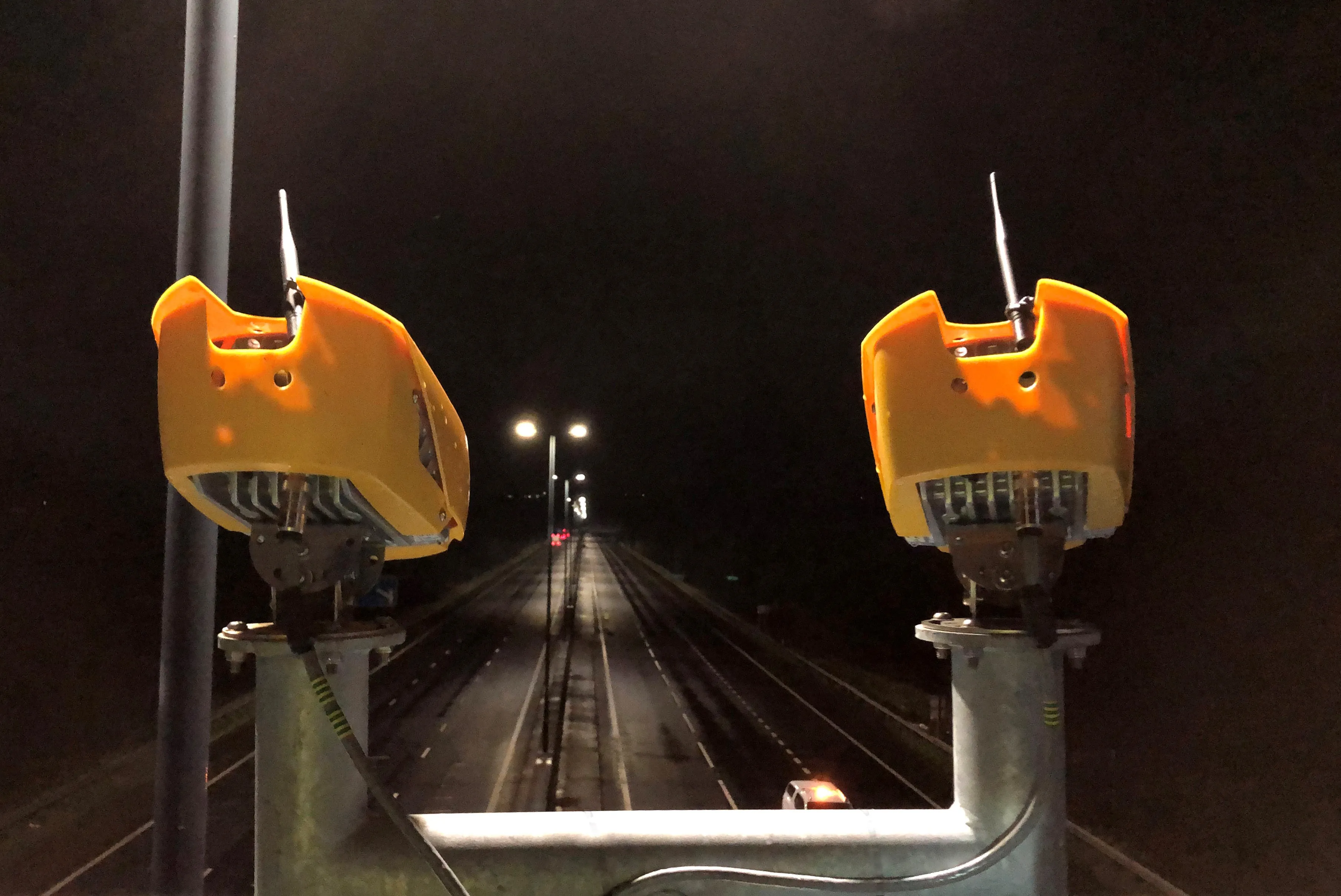The Ministry of Transport of Quebec (MTQ), Canada, is to acquire thirty-seven new safety cameras, following an announcement in 2012 that it planned to add twenty-five photographic speed measuring devices in areas with a high accident risk, near schools and along road works. Fifteen devices have already been successfully tested. In total, thirty-seven cameras will be installed, including eighteen mobile speed cameras, fifteen red light cameras, which can be used at traffic lights to detect vehicles that spee
January 24, 2013
Read time: 2 mins
The 7112 Quebec's Ministry of Transport (MTQ), Canada, is to acquire thirty-seven new safety cameras, following an announcement in 2012 that it planned to add twenty-five photographic speed measuring devices in areas with a high accident risk, near schools and along road works. Fifteen devices have already been successfully tested.
In total, thirty-seven cameras will be installed, including eighteen mobile speed cameras, fifteen red light cameras, which can be used at traffic lights to detect vehicles that speed through green lights, as well as those that go through red lights, and 4 fixed speed cameras.
The cameras are to be deployed during 2013, as well as a pilot project to allow municipalities to use mobile speed cameras on the minor road networks.
"There is a great interest for the pilot municipalities so we had to revise the initial allocation of equipment," says Guillaume Paradis, spokesperson for the MTQ. “Mobile systems also have the advantage of monitoring a larger number of locations.”
The Quebec government has not yet chosen the new systems, which can be produced anywhere, but must already be used by at least one authority in the world.
In total, thirty-seven cameras will be installed, including eighteen mobile speed cameras, fifteen red light cameras, which can be used at traffic lights to detect vehicles that speed through green lights, as well as those that go through red lights, and 4 fixed speed cameras.
The cameras are to be deployed during 2013, as well as a pilot project to allow municipalities to use mobile speed cameras on the minor road networks.
"There is a great interest for the pilot municipalities so we had to revise the initial allocation of equipment," says Guillaume Paradis, spokesperson for the MTQ. “Mobile systems also have the advantage of monitoring a larger number of locations.”
The Quebec government has not yet chosen the new systems, which can be produced anywhere, but must already be used by at least one authority in the world.









